30 percent ruling in the Netherlands
The tax break payable to some expats has been called into question by the Dutch government’s audit office, which says the 30% ruling has never been properly evaluated. Claims that the ruling encourages highly-skilled foreigners to settle in the Netherlands and boosts the country’s attractiveness as a place to do business have never been properly researched, the audit office said in a new report.
Nor has the potential negative impact of encouraging highly-skilled foreigners to settle in the Netherlands on the Dutch workforce been properly looked at, the report, published earlier this month, said.
The audit office says some 52,000 people were taking advantage of the tax break in 2014 and the number of claims has been rising steadily. This, it says, comes despite government efforts to reduce the cost.
In 2012, the tax break was restricted to foreign workers who lived at least 150 km from the Dutch border prior to moving to the Netherlands, and stricter salary requirements were introduced. At the time, the government said the changes would generate an extra € 78m for the treasury by 2020. In the meantime, the bill is € 100m higher than it was, the audit office said.
The audit office also criticised the minimum salary requirement – € 38,889 – used by the tax office, saying it has no proper basis.
Recommendations
The audit office went on to call on the government to carry out proper research into the impact of the 30% ruling, and to make sure that parliament is informed about its costs on an annual basis.
Junior finance minister Eric Wiebes has already rejected most of the recommendations, saying there is sufficient evidence that the ruling helps encourage highly-skilled foreigners to locate to the Netherlands. But he did agree to report on the cost of the ruling in the annual spending review.
Expat employers quoted by the NRC say the cost of living for highly-educated expats can be extreme.
No choice
‘They often have no choice but to live in a very expensive rental home and children who are in English-language education have to go to more expensive international schools,’ Sander Hofman, a spokesman for semi-conductor company ASML told the paper.
Some 248 of the company’s Dutch workforce of 8,500 benefit from the 30% tax break, he said.
In total, the ruling cost the treasury nearly € 700m in 2014, according to the audit office report. Of that, around 25% is due to people earning more than € 200,000 a year.
Bert-Jan Woertman, head of communications at Eindhoven’s high-tech campus, said bringing in expats is not affecting the employment chances of Dutch workers. ‘You are competing with abroad, Silicon Valley and Singapore,’ he said. ‘The Netherlands is not educating enough people for all the jobs. Our technology universities are growing, but in Aachen, for example, there are more tech students than in all three of ours.’
The NRC says a majority in parliament, including members of the ruling PvdA, support further reform of the 30% ruling.

